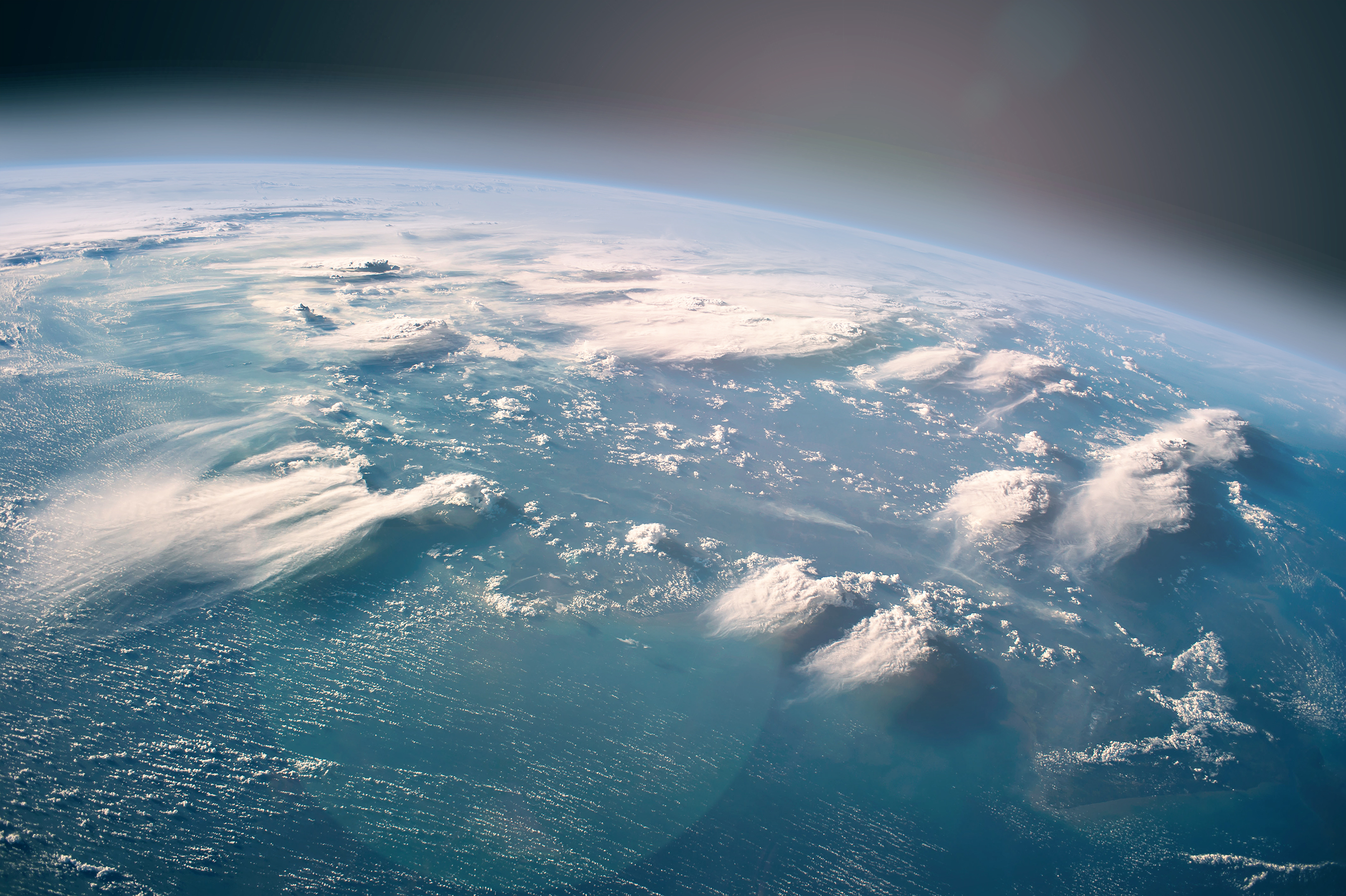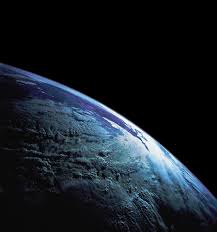Meteorology is the science of the physics and chemistry of the lower atmosphere (typically the lowest 20–30km). Therefore meteorologists research weather, climate and the composition of the atmosphere (gases and particles). While classically meteorology pursued the description of local or regional climate and the improvement of the daily weather forecast, modern meteorology includes links to many related disciplines. The new concept of the Earth system takes into account interactions of the atmosphere with the ocean, the land surface, vegetation or marine ecosystems as well as the cryosphere (sea ice, glaciers, ice shields). Aspects such as climate change, geo-engineering or weather hazards create links to socio-economic and environmental aspects.
Meteorologists use physical, statistical and chemical methods to describe the state of the atmosphere, to understand processes and to make predictions from hours to millennia or to re-construct the climate of the past from proxy data (ice cores, lake or ocean sediment). Today, this is mostly done with complex numerical models running on high-performance computers and/or using measurements from satellites and ground-based instruments. Despite being mostly a physical science, meteorologists also need profound knowledge in chemistry, mathematics and computer science.
(Top Picture licensed by Shutterstock)

